The agrarian system of moslem india is in the nature of a historical essay on the revenue policy of the muslim sultans and emperors. Since the 13th century an appreciable contact had been established between the hindu and islamic agrarian systems. The main subject of study is an examination of the methods by which the state’s share of the farmer’s produce was assessed and collected and of the arrangements under which portions of produce were alienated in favour of the intermediaries. The main purpose is not to trace in detail the transition from the moslem system to that which now exists, but a brief reference is required to the main factors which have operated because it is only by consciously eliminating these factors that we can reach a just idea of the conditions which prevailed in the earlier period. It is a common place of history that the nineteenth century brought to northern india a degree of internal tranquillity which had not previously been enjoyed; and that the result was seen in a rapid growth of population and the development of competition for productive land. In the moslem period, such competition, scarcely existed, outside relatively small areas; and we have to bear in mind that, in most parts of the country, land was waiting for men with the resources necessary for cultivation. Another gift of the nineteenth century was what is conveniently described as the rule of law, superseding by degrees the personal rule of the moslem period, while a third factor was the spread of benevolent or philanthropic ideals which characterised the country, not merely in india, but throughout the civilized world.
A Short History of India
$118.80
$132.00

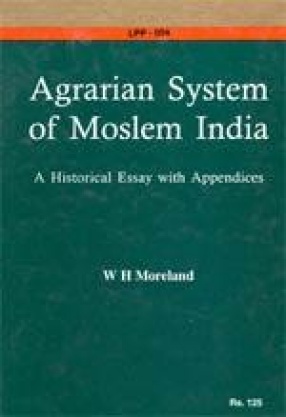
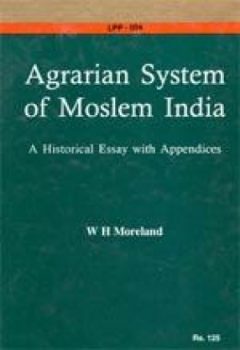
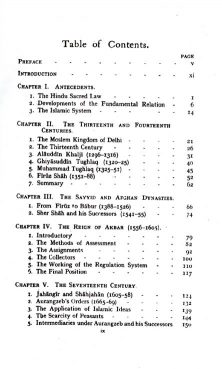
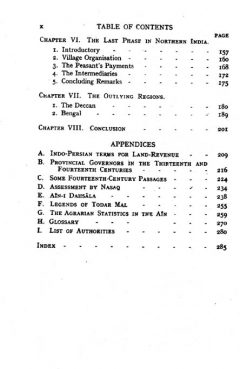
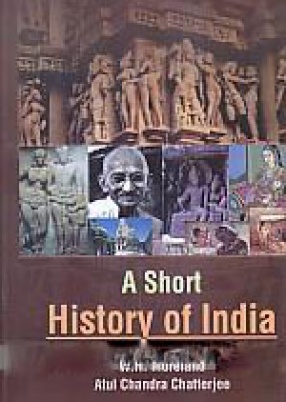

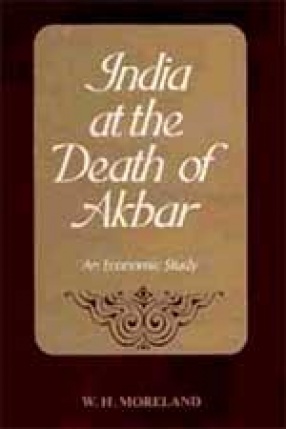


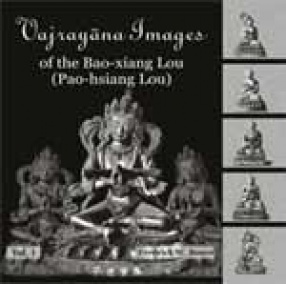
There are no reviews yet.